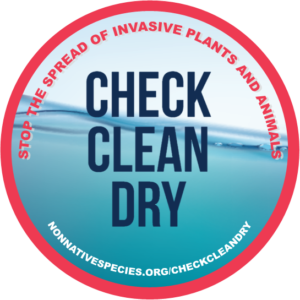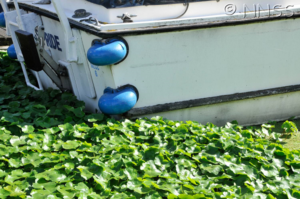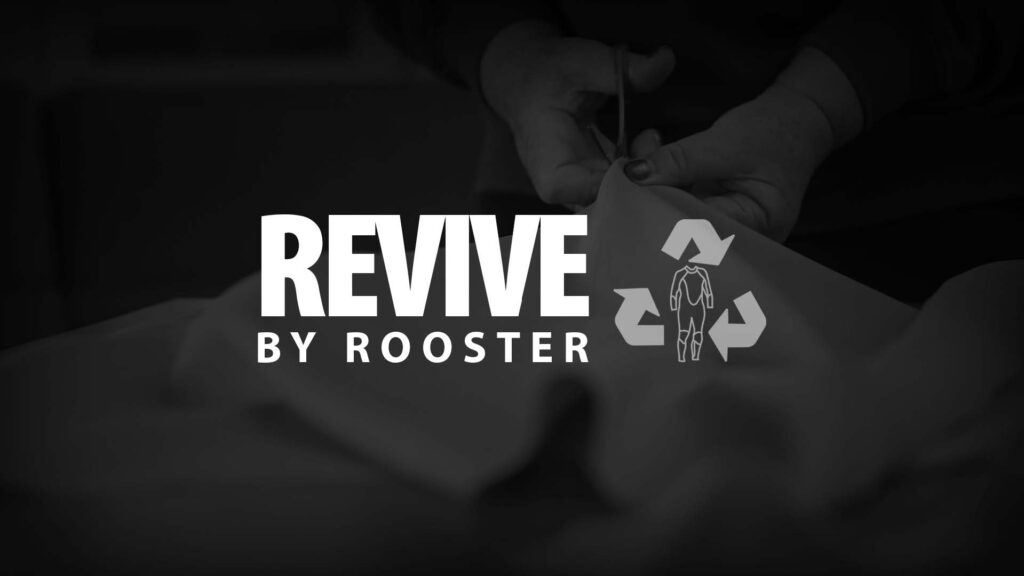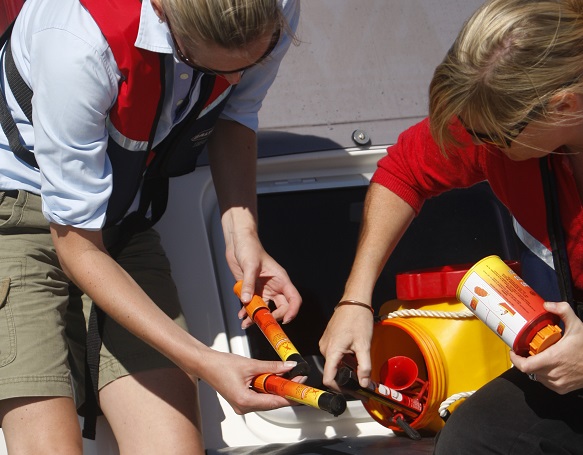Invasive Species Week – 16 – 20 May 2022
Did you know that over 2,000 plants and animals have been introduced to Great Britain from all over the world? Known as non-native species, most are harmless, indeed much of our agricultural species (wheat, barley, sheep etc) are not native to Great Britain, but around 10-15% become invasive non-native species (INNS) which will spread and have a harmful impact.
In fact, invasive non-native species are one of the top five drivers of global biodiversity loss. Here in Great Britain, they threaten the survival of native wildlife, damage our natural ecosystems, cost the economy over £1.7 billion a year, can harm our health and interfere with the water-based activities we all enjoy.
What is Invasive Species Week?
Invasive Species Week (ISW) is an annual national event organised by the GB Non-Native Species Secretariat (NNSS) to raise awareness of the impacts of invasive non-native species. Providing advice and guidance on the simple things everyone can do to help prevent the spread as well as sharing stories on some of the fantastic work taking place across the UK, Ireland, Jersey, Guernsey and Isle of Man to protect the environment and reduce their impacts.
Check, Clean, Dry
There are three simple actions which you should take when boating to counteract the spread of invasive life – ‘Check, Clean, Dry.’ Invasive species can unintentionally become transported to a new habitat by becoming attached to boats, caught in water sport’s equipment or even by latching onto our clothes. Although these steps are basic in principle, how many of us can claim to action them regularly?
species can unintentionally become transported to a new habitat by becoming attached to boats, caught in water sport’s equipment or even by latching onto our clothes. Although these steps are basic in principle, how many of us can claim to action them regularly?
If we are to mitigate the spread of invasive species, then it is essential practice that we all pay closer attention to the maintenance and cleaning of our boats and equipment.
Check for any plant or animal material on your boat, equipment and clothing.
Clean your boat, equipment and clothing that has come into contact with the water thoroughly with tap water. Paying particular attention to crevices where species can be hidden.
Dry your craft and any piece of equipment or clothing thoroughly. Many species can survive in damp conditions for many weeks.
How do we know if something is an invasive species?
Whilst it isn’t a simple matter of identification, there are a few online guides that can help:
GB Non-native species secretariat – ID sheets
Marine Biological Association (MBA) – Non-native species guides
You can also log any sightings of invasive species on the i-Record app.
If left unchallenged, invasive species such as the Water Primrose can cause severe negative impacts by out-competing native species and clogging waterways. Another example of a problematic invasive species is the fast-growing Quagga Mussel. Invasions of the freshwater molluscs have been recorded as altering whole ecosystems and causing economic problems when thick encrustations grow on boats, water treatment plants and electric power stations.
clogging waterways. Another example of a problematic invasive species is the fast-growing Quagga Mussel. Invasions of the freshwater molluscs have been recorded as altering whole ecosystems and causing economic problems when thick encrustations grow on boats, water treatment plants and electric power stations.
It is vital that to minimise the threat of invasive species to our waterways that all water users follow good practice, especially when returning from abroad. ‘Check, Clean, dry’ is the best and easiest way to protect your local waterway.
The Green Blue website has a full range of invasive species best practice prevention guidance in the form of videos, posters, leaflets, and infographics which can be shared online.
Follow @TheGreenBlue on Facebook and Twitter and @the_green_blue on Instagram, use the hashtags #InvasiveSpeciesWeek and #INNSWeek to help share our posts and increase awareness of invasive species.




